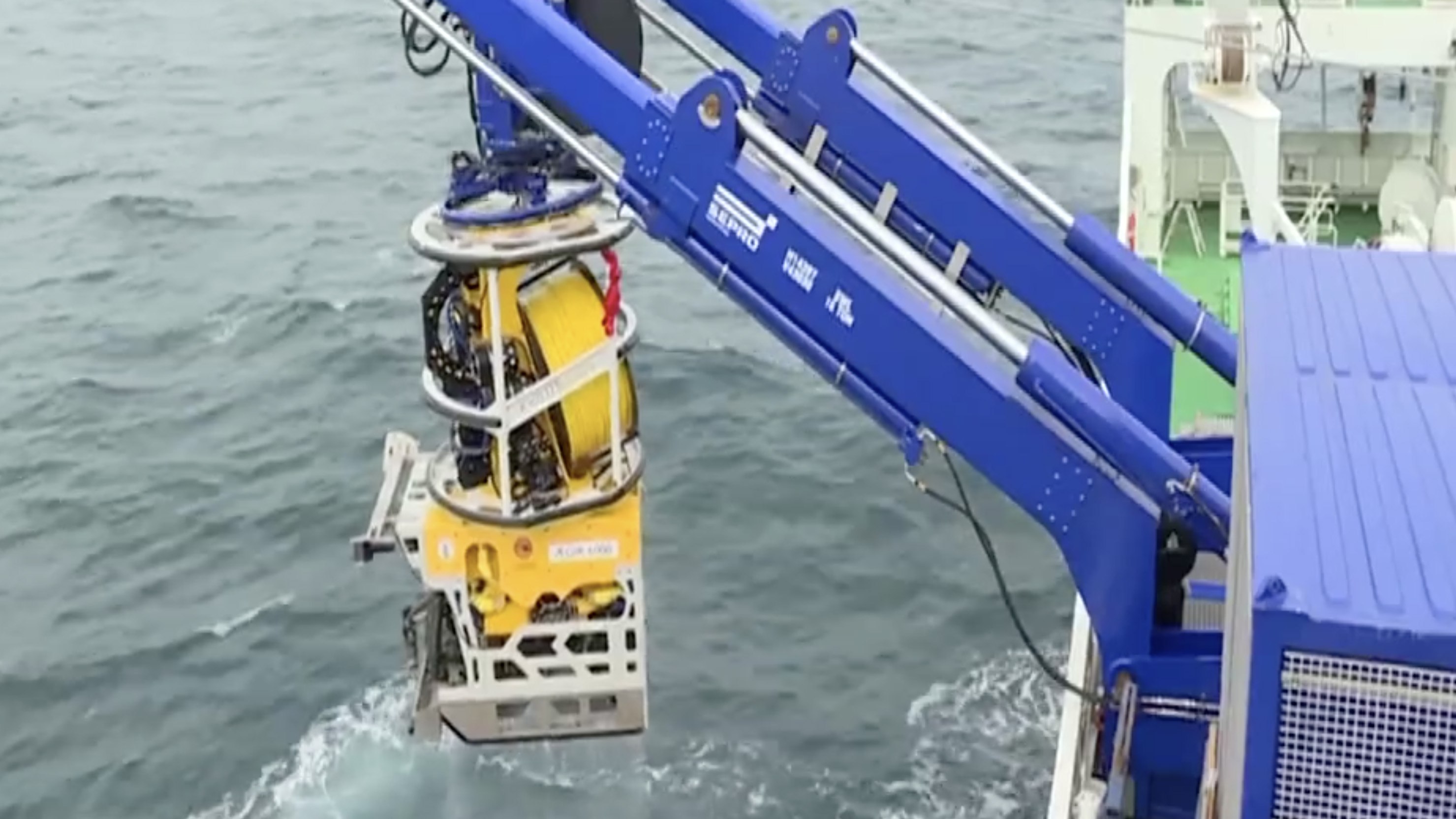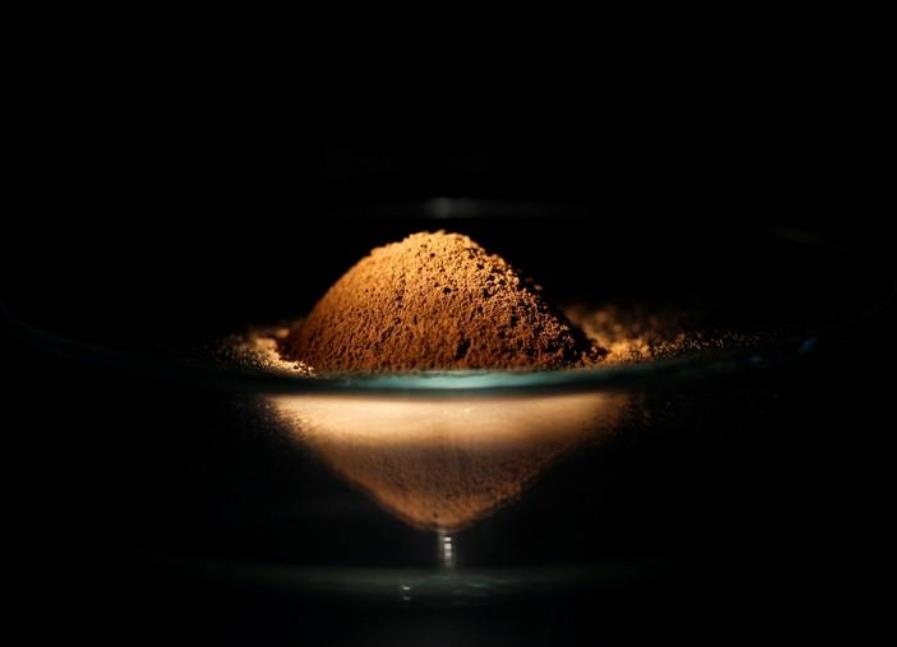
Tech & Sci
10:02, 21-Sep-2018
Deep sea robots reveal mineral riches in the abyss
Updated
09:15, 24-Sep-2018
CGTN
01:00

From the safety of their research vessel, scientists are exploring one of Earth's last frontiers – the sea floor – to discover more about valuable minerals vital in the manufacture of smartphones.
The scientists, from the University of Bergen in Norway, are sending robots 2,500 meters down into the waters between Norway and Greenland, to try to understand the environments potentially rich with rare earth minerals.
"The ocean sea floor on Earth is, for the most part, unknown,” scientist Thibaut Barreyre told Reuters.
"It's totally fair to say that we know much more about the surface of the moon and Mars – mapped by satellites and different devices – than we know about our own planet.”
The international team is using technology including autonomous robots and human-piloted submarines to explore the sea's dark depths where zinc, gold and copper are also found.

A mud sample extracted from the depths of about 4,000 meters below the Pacific ocean surface where rare earth elements were found at a laboratory of Yasuhiro Kato, an associate professor of earth science at the University of Tokyo, July 5, 2011 /Reuters Photo
A mud sample extracted from the depths of about 4,000 meters below the Pacific ocean surface where rare earth elements were found at a laboratory of Yasuhiro Kato, an associate professor of earth science at the University of Tokyo, July 5, 2011 /Reuters Photo
The scientists hope the explorations will reveal why some areas have minerals and others do not, how much is down there and what damage mining them would have on the environment.
A viable new source of rare earths, a group of 17 elements used in the production of smartphone screens, magnets, camera lenses and X-ray machines could be highly lucrative. But it is not that simple, Barreyre said.
"Some of them (waters) are rich in gold, copper, zinc and rare earths. And others have almost none of those. And that's why it's very important to us as scientists to understand it,” he said.
The team, which began exploring the area last year, will spend the next five years searching.
(Top image: A bastnaesite mineral containing rare earth at a laboratory of Yasuhiro Kato, an associate professor of earth science at the University of Tokyo, July 5, 2011 /Reuters Photo)
Source(s): Reuters

SITEMAP
Copyright © 2018 CGTN. Beijing ICP prepared NO.16065310-3
Copyright © 2018 CGTN. Beijing ICP prepared NO.16065310-3